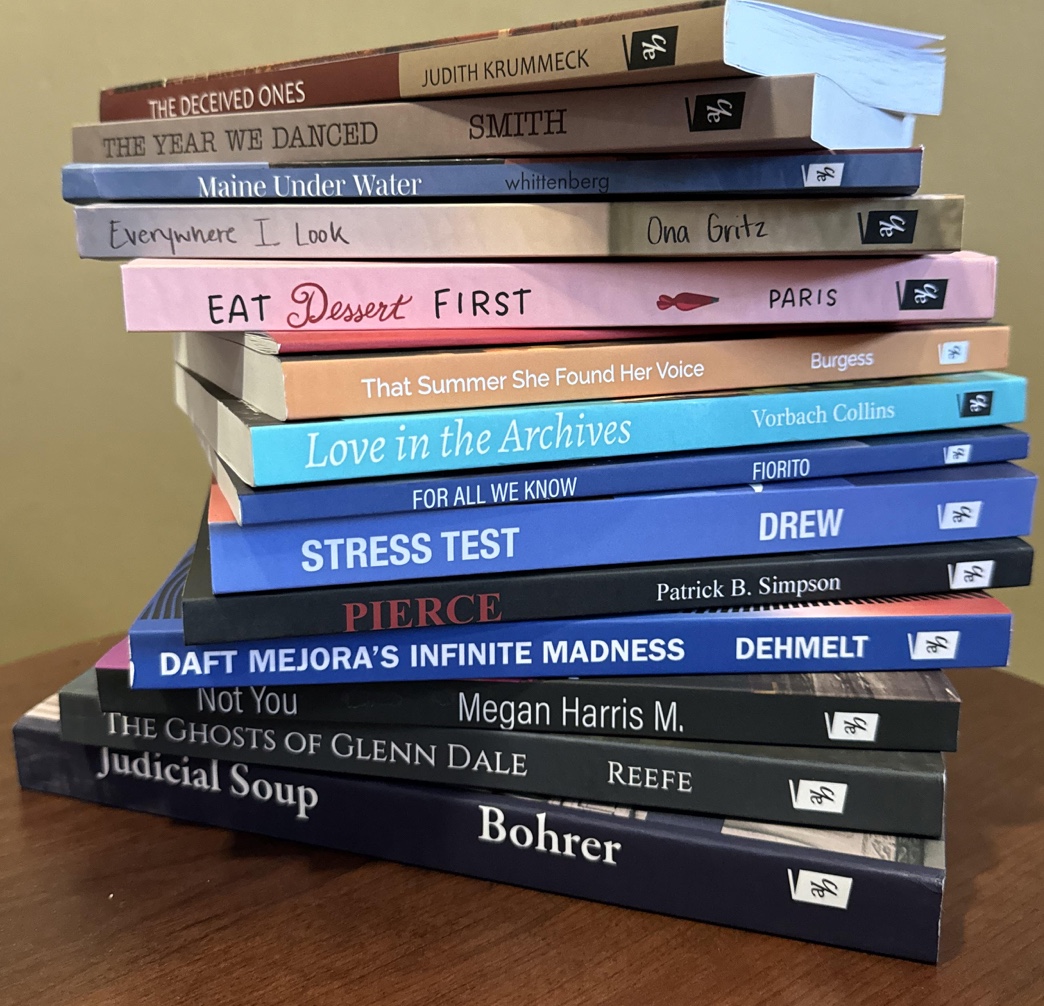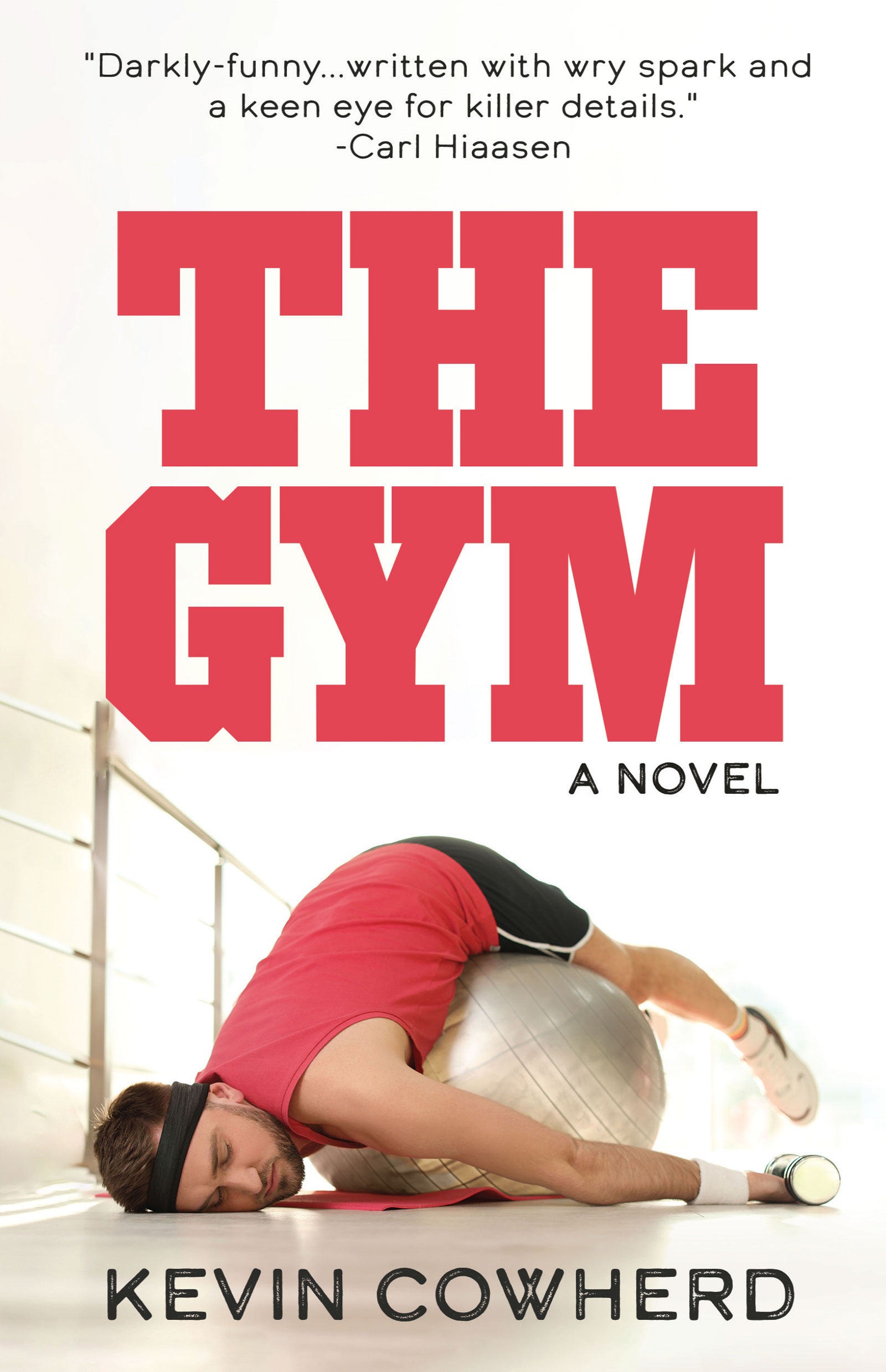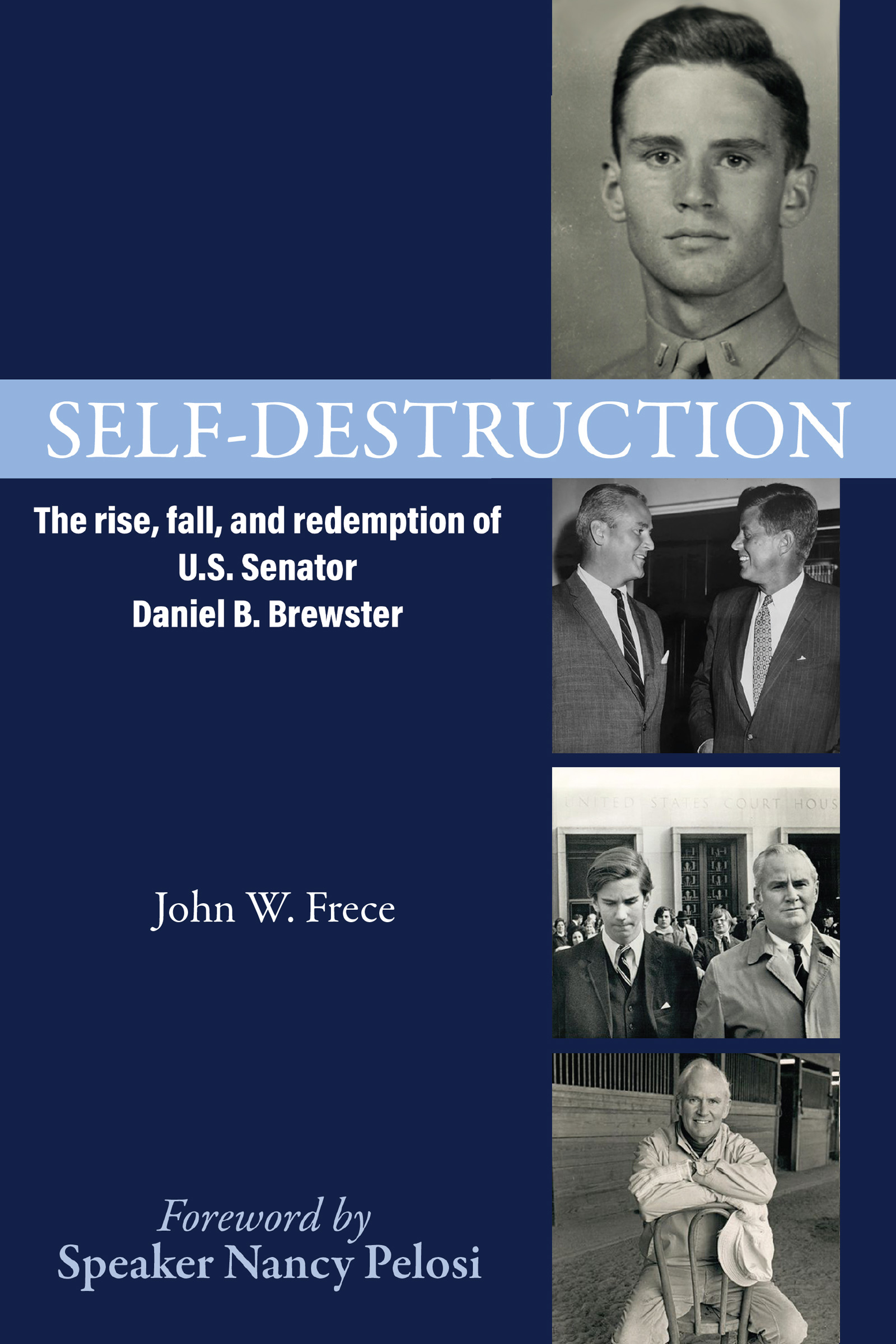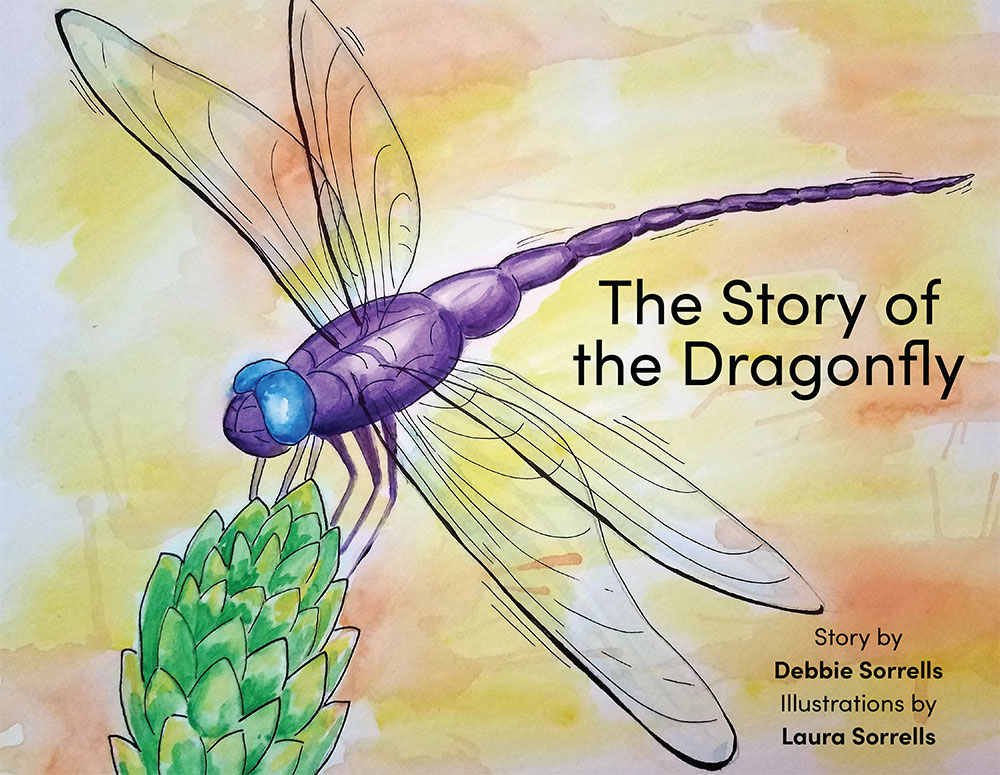Balter’s Anguish in Poetry and Prose is his most sorrowful texts that portrays social challenges that have a negative impact on mental health. His short stories portray as nonfictional, fictional, and autobiographical. Balter applies his struggles with depression by incorporating tragic events within his life, and societal issues that negatively impact the world today. Alan discusses topics such as, animal cruelty, the death penalty, equality, and the need for physician assistance with suicide. He talks about the effects these issues have on individuals, and the toll it has on mental health.
Q: Provide a brief description of “Anguish in Poetry and Prose.”
A: At 79 pages, “Anguish in Poetry and Prose” is a collection of 13 essays, each of which is followed by a poem it inspired. Some of the essays are non-fiction and autobiographical, while others are fictional. All of the material explores sad topics; for example, homelessness, animal cruelty, the death penalty, and the need for physician assisted suicide.
Q: What was the most challenging part of writing “Anguish in Poetry and Prose”?
A: In retrospect, editing the manuscript was the most challenging part. For every hour of writing “Anguish in Poetry and Prose,” I spent almost three hours editing. The most challenging part was telling each story objectively without getting too emotional and crossing the line into excessive sentimentality. Other challenges involved managing the length and sequence of stories. Cutting my own words was painful and determining a sensible sequence of stories often came down to going with my gut feeling.
Q: Are there any books that inspired you to write “Anguish in Poetry and Prose?”
A: None, but it’s also true that I didn’t look very hard. All the inspiration I needed was inside of me.
Q: Are there personal experiences that motivated you to write “Anguish in Poetry and Prose?”
A: The first essay, “Mother Wants to Die,” is about my own mother, essentially the last few years of her life. Watching her deteriorate from an entirely competent woman to one who was totally dependent upon others and living in a nursing home was very difficult. The sense of hopelessness was magnified because she lived what was essentially a vegetative existence for five years, all the while wanting to die, but without a way to do so. Similarly, “Jimmy, the Homeless Guy,” ”Morrie and Edith,” and my experience as a professor in “That’s Bullshit Professor” all related directly to my personal experiences. So too did “The Joy of the Game,” although not to the same degree as the others. I would say, too, that even the essays that were essentially fiction (Rose and Me would be an example) still had portions that related to my personal experiences. Perhaps all fiction does.
Q: Did you have a preference writing in a short story format or a poetic genre within “Anguish in Poetry and Prose?”
A: I didn’t; instead, I enjoyed both. What I did was write the essay first. I soon discovered that by the time I finished writing and editing, I was ready for a change of pace; that is, to write the poem. Similarly, upon completion of the poem, I was ready to begin another essay. So, rather than a preference, it turned out that writing in one genre for a time made it easier for me to write in the other.
Q: How did you decide which topics were best suited for either a poem or a short story?
A: I wrote an essay and a poem for each topic. Thus, it wasn’t an either/or decision; rather, each topic got an essay and a poem.
Q: Within “Anguish in Poetry and Prose,” do you have a favorite short story or poem?
A: It’s a difficult decision, but if I have to make a choice, I‘ll choose the essay “Morrie and Edith” and “Great Grandpas’ Shoes,” the poem that goes with it. This is true because I knew them, and within their lives, they experienced both the deepest anguish and the greatest joy. Also, one of the characteristics I admire the most is courage. Morrie and Edith both had it, in copious amounts.
Q: Did you find it difficult to write about specific topics and issues within “Anguish in Poetry and Prose?” If so, how did you motivate yourself and continue to write?
A: I didn’t, notwithstanding the fact that I covered a whole mess of anguish in a compressed period of time.Or, it may be that constant exposure to so many sad stories actually inured me to the anguish, which is to say that I got tougher as time and exposure increased. Whatever the reason, after a while, I stopped crying.
Q: What inspired you to implement both poetry and short stories within “Anguish in Poetry and Prose?”
A: I implemented both poetry and prose, because I enjoy writing both and each is so different from the other in terms of the requirements necessary to complete a decent piece. It’s true too, that I found a change of pace; that is, switching from one genre to the other was refreshing and motivated me to keep moving. Finally, in almost every instance, the essays inspired me to write a poem. For example, upon completing an essay, I felt that something more might add life and a fuller sense of wholeness to the work. What better than a poem to accomplish those ends?
Q: What can readers hope to learn from reading “Anguish in Poetry and Prose?”
A: A number of things, I hope. First, that readers will recognize that “sad stuff” can make for very entertaining reading, at least as compelling as comedic. Second, that the elderly among us, even, those well into their eighties, are still capable of creativity, the final result of which may be a source of enjoyment and inspiration for all readers, irrespective of age. Third, that emotional pain, anguish, that is, is an inevitable aspect of every person’s life. Nobody escapes, and it’s OK to cry.
Q: What inspired you to revolve your pieces around the theme of anguish?
A: Just prior to completing “Anguish in Poetry and Prose,” I’d written a chapbook consisting of a couple dozen funny poems. Prior to that, I completed a personal essay entitled “Addiction,” also humorous, about how people are spending increasing amounts of time on their cell phones. So, I was drawn to writing about anguish, because I felt I needed a different focus to make my writing more substantial, a focus that might result in a product less frivolous and more likely to bring readers back for repeated readings due to their genuine emotional involvement with the material.





